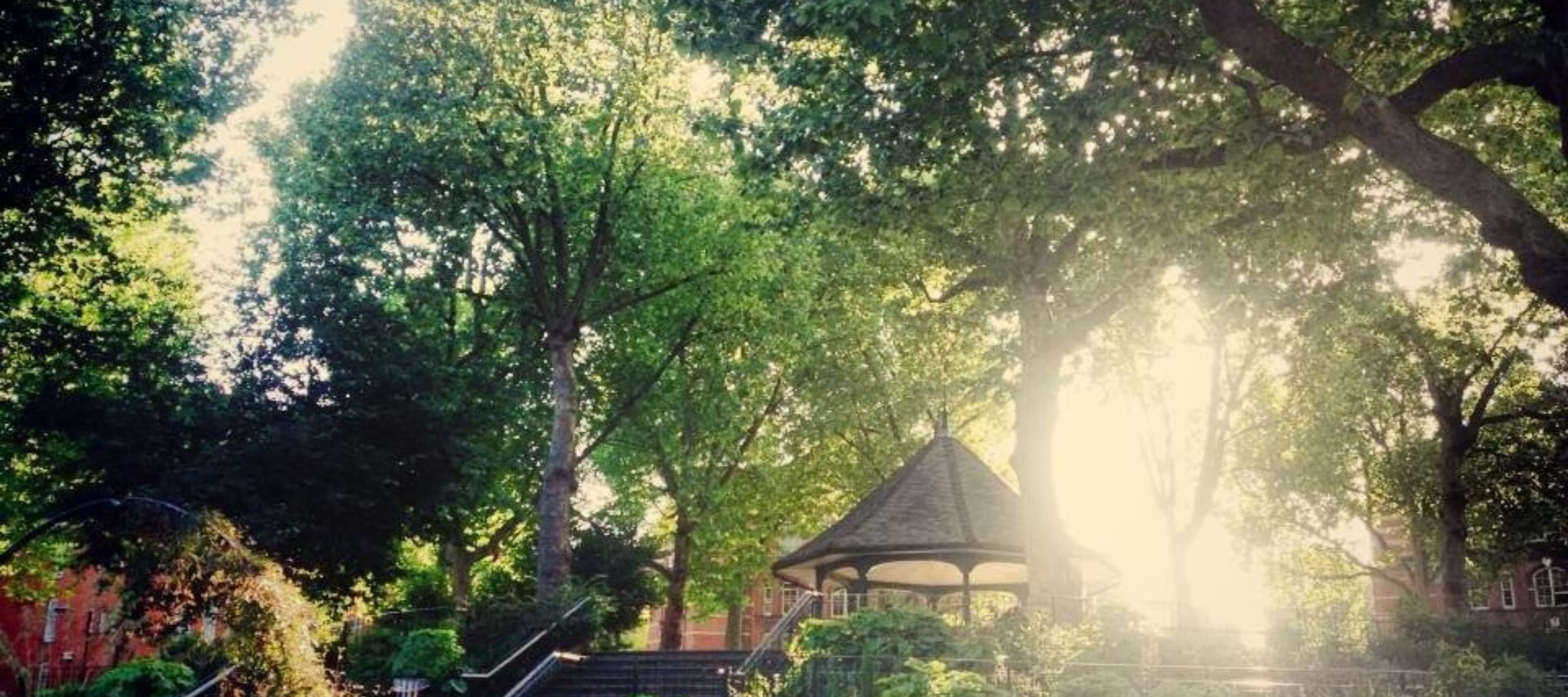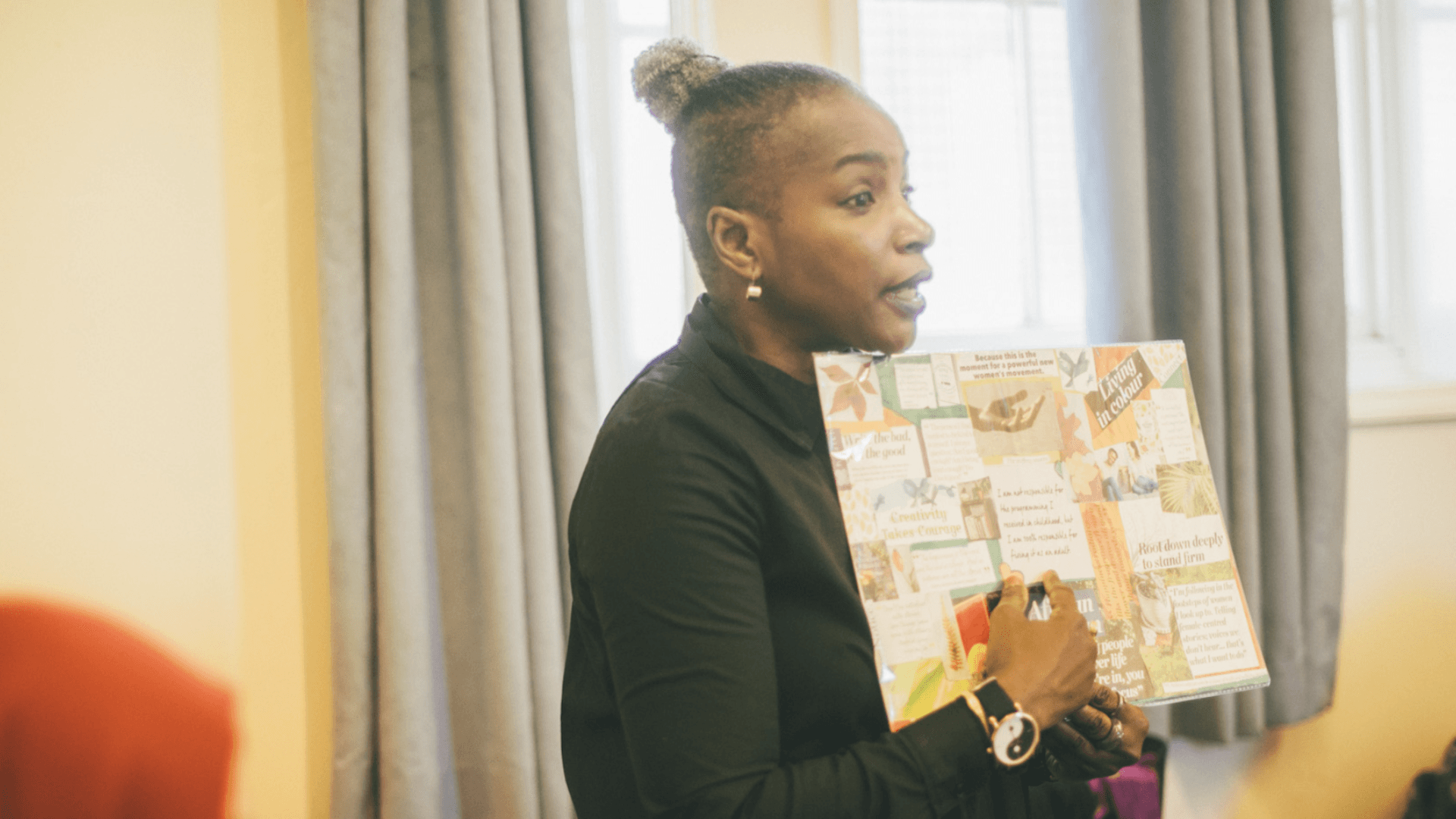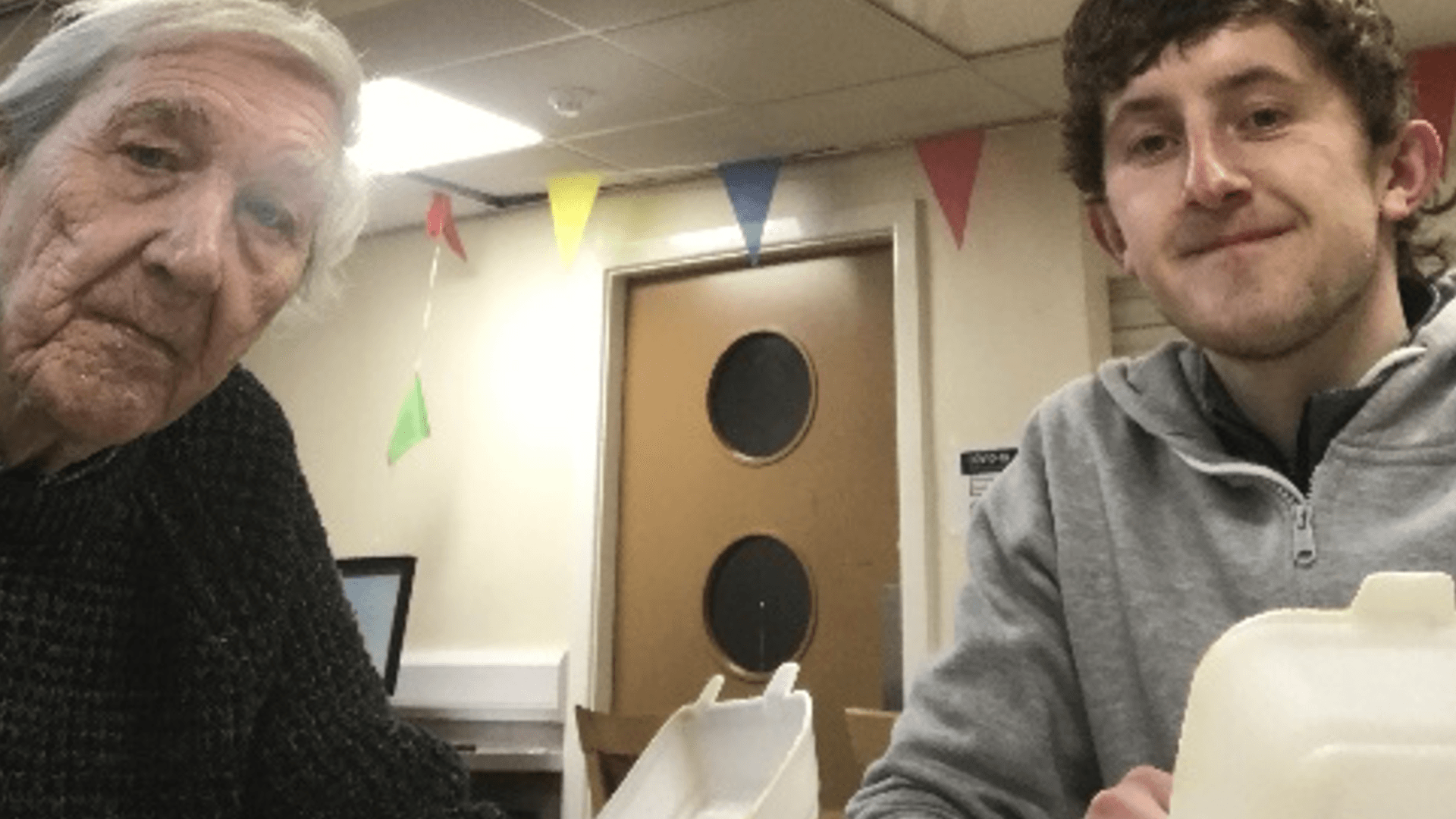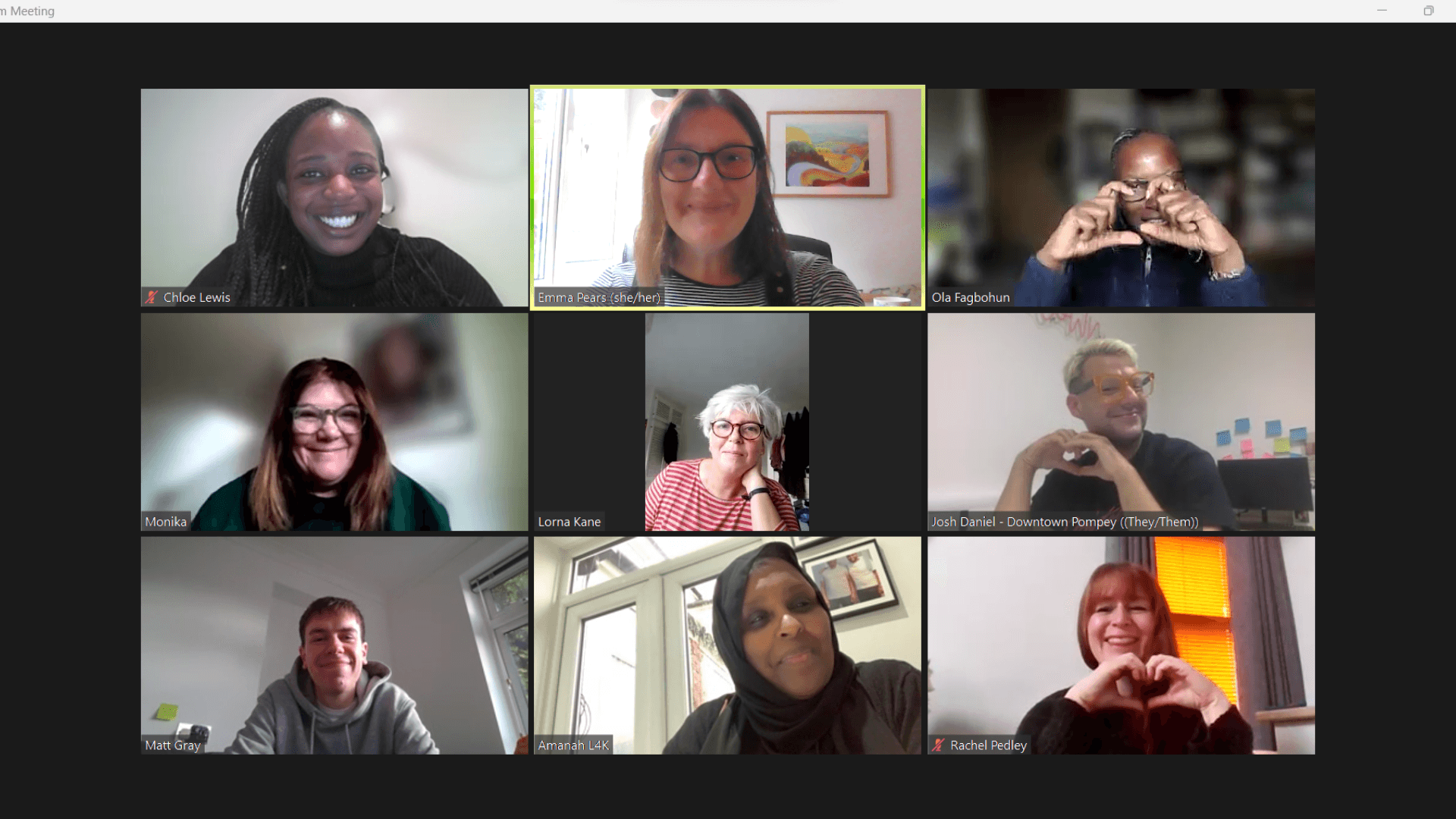
The age of belonging
Posted by The Cares Family on 15th June 2019
Please note: this post is 78 months old and The Cares Family is no longer operational. This post is shared for information only
By Will Tanner
When people talk of the loss of connection today, Arnold Circus gives me hope. Twenty years ago, the Circus was an unloved roundabout in east London, encircled by burnt out cars and so unkempt that the local school banned pupils from playing there because dirty needles were occasionally found among the weeds. Sitting at the heart of Europe's oldest social housing estate, Arnold Circus’ Victorian bandstand stood as a forlorn symbol of community decline.
But in 2004, local people came together to restore it to its former glory. The Friends of Arnold Circus, as they became known, cleared the drug paraphernalia and repaired the bandstand. They employed a gardener, Andy, who still weeds the flowerbeds today, and convinced the council to give them legal responsibility for the space. In a few years it had returned to being a vibrant and well-tended oasis at the heart of east London, playing host to summer fayres and winter concerts – and rooting the local community in its place.
So much is made of the decline in belonging these days that it can feel like social atomisation is an inevitable part of modern life; that our high streets are in a permanent state of decline; as if isolation is now the rule, not the exception; or that local dislocation is the natural consequence of global networks.
It’s true that the impact of this dislocation is profound. A quarter of adults in the UK now say they are often or always lonely – more than in the United States and nearly double the proportion in Japan – and rates of mental illness are rising. Recent Onward polling reveals that 70 per cent of people believe that community has declined in their lifetime, rising to four in five people over the age of 55 years old.
But it doesn’t have to be like this. It is possible to renew a sense of community even as technology and the modern economy transform our lives, for better or worse – by doing what was done in Arnold Circus twenty years ago and what The Cares Family is doing today: bringing people together in common cause. It’s what the American sociologist David Brooks calls the politics of “love thy neighbour” – and what, in other countries, might be called fraternity or solidarity.
This sense of togetherness goes with the grain of human behaviour. People are inherently social animals. We crave company and gain strength in numbers. Our behaviour is best conditioned by our duties to others, not our self-interest. And the things that give us independence and security are not financial or material, but the emotional foundations of kinship and community.
But to give this sense of community permanence – to make it last – we must do two things.
First, we need to build institutions to underpin and sustain connection in the face of accelerating change. In Welsh pit towns and northern manufacturing hubs in the 1950s and 1960s, this role was played by Working Men’s clubs. In England’s towns and suburbs throughout the 20th Century, it was bingo halls and allotments. In rural areas for time eternal, it has been the village shop, the post office or the local pub. These places are community made flesh, but many are fading as globalisation, technology and patterns of work shift how we live. The challenge today is to build new institutions for an increasingly digital and mobile age.
Second, we must create strong incentives to encourage people to come together in a world of full of distraction. This is harder than it should be because, for the past thirty years, we have prioritised individuals over communities. Political debate has held personal rights above common duties and collective obligations. Economists have built models that understand human behaviour through the prism of the self-interested, profit-maximising individual. Wider social and community value has been forgotten, if not ignored.
If we are to succeed in supporting people to find connection in a disconnected world, we must first remake our political economy with communities in mind – and make connection the path of least resistance.
Thankfully, the sands are shifting. Whether it’s concern about the polarising effect of social media, or resistance to gentrification, people and politicians are rising up in favour of the collective. Economists are recognising that social capital matters alongside financial value – so much so that the Treasury recently launched a review of government investment rules. Meanwhile, consumers are exposing their desire for authenticity in their buying habits – just consider the explosion of craft beer and crowdfunding in recent years.
If the last quarter century was the era of isolation, the next may yet be the age of belonging. About time too. The need for Britain to come together, to share our lives, to participate in a community, has hardly ever been greater.
Will Tanner worked for Theresa May for three years as an special adviser in the Home Office and Deputy Head of the Policy Unit in 10 Downing Street, where he worked across all areas of government policy. He is now director of the think tank Onward and a columnist at the i newspaper.
This article is part of the pamphlet Finding connection in a disconnected age: stories of community in a time of change, published in partnership with Nesta.


